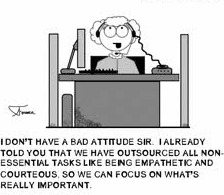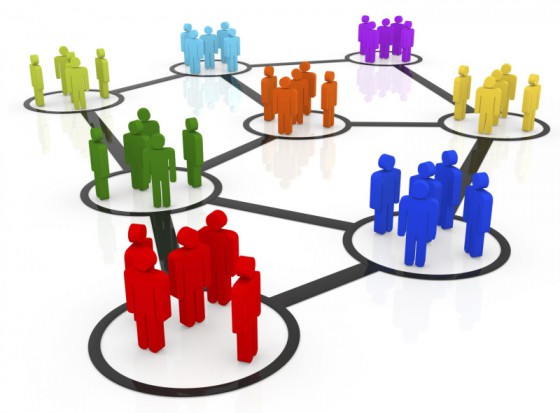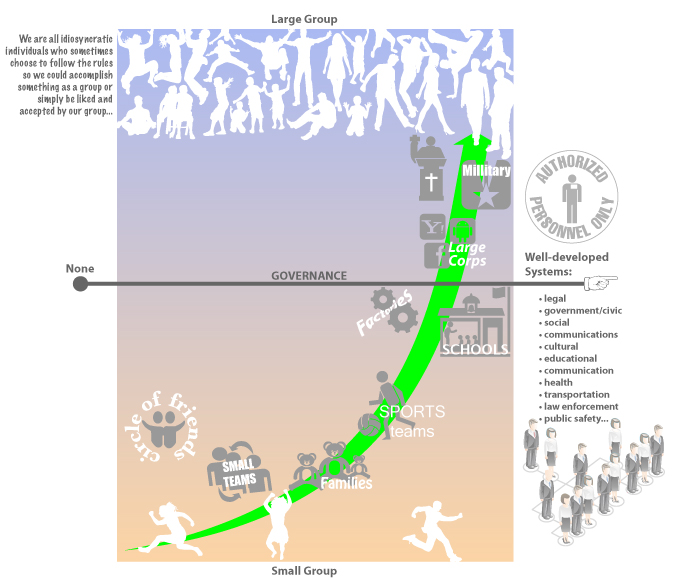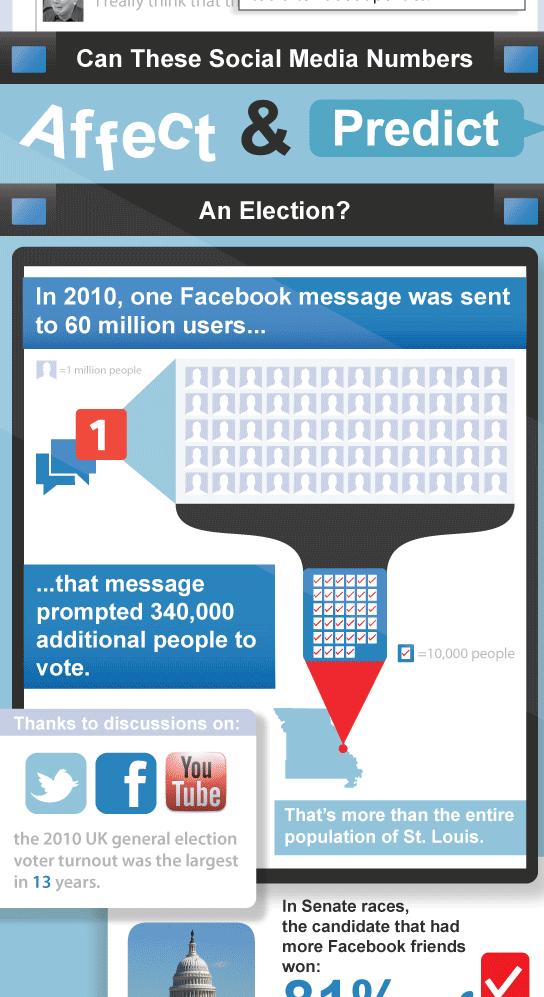
The internet is flooded with contemplations, broodings, and cogitations on Blockchain. One of the possible uses of this technology, Bitcoins and its ilk, has been the reverie, prayer, and speculation engine for endless get rich schemes and the constant fodder for media rumination. But what is it really? The direct answer is that Blockchain is just a digital form of trust. Allow me to walk you through it. Trust has always been the foundation of any society. Early on, when social groups were numbered in low dozens and basically consisted of associations of family members, trust was the currency among the members. You can trust your father-in-law because the survival of his grandkids was in his interest as much as your own, presumably. If a member of the family strayed, everyone knew about and punished the transgression accordingly, including by removing personal trust. But once the social groups grew in size, trust was more difficult to establish — who could remember who did what and to whom? To supplement trust born of personal knowledge, institutional trust was invented: laws, banks, governments, … and of course religious institutions. It no longer mattered if you were not familiar with a stranger, you…




